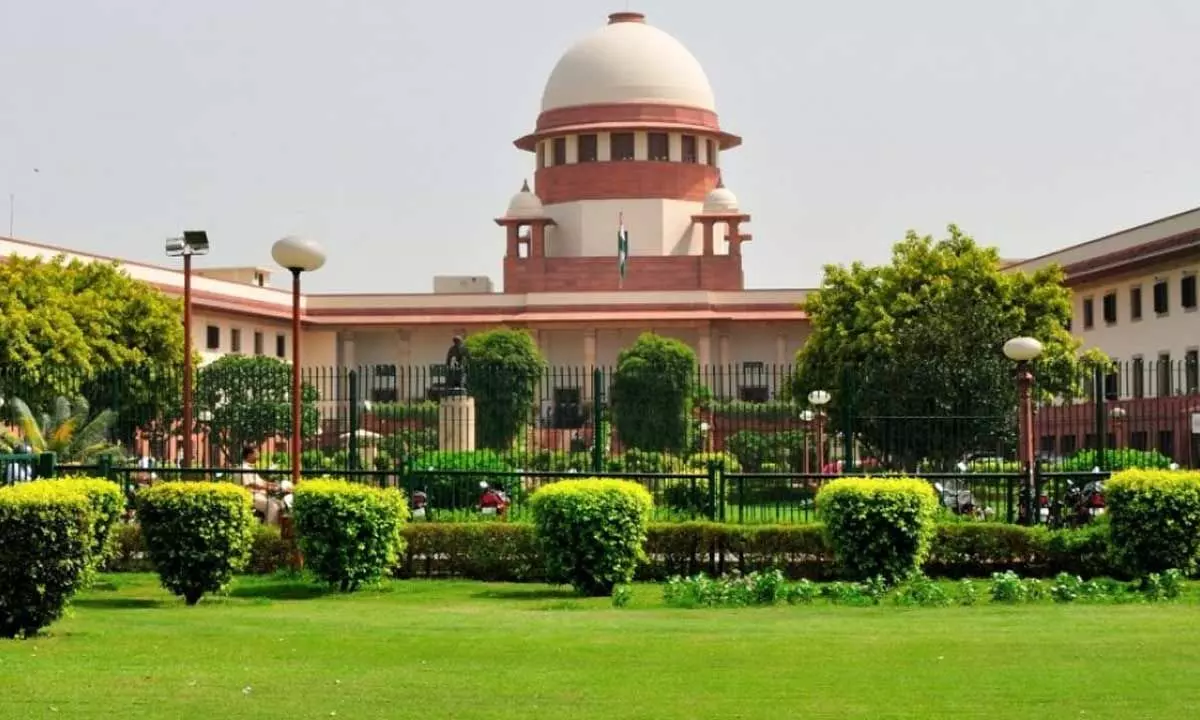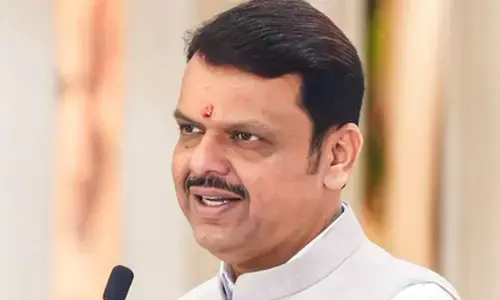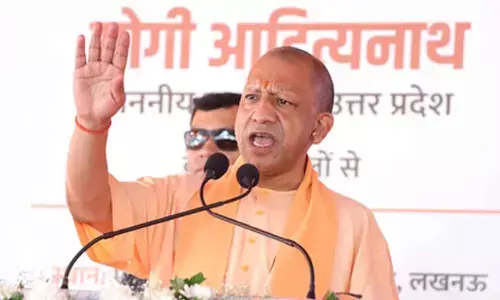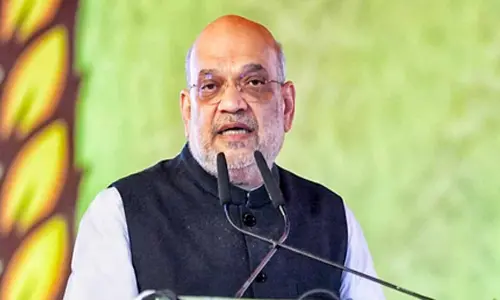Let SC judge selections, too, be transparent

Supreme Court
The Supreme Court decision to impose its will in the appointment of the Election Commissioners is a welcome move.
The Supreme Court decision to impose its will in the appointment of the Election Commissioners is a welcome move. It is long overdue. The root of the problem lies in the flawed system of appointment of the Election Commissioners. They are appointed unilaterally by the government of the day.
It's important to recall B R Ambedkar's statement to the Constituent Assembly that "the tenure can't be made a fixed and secure tenure if there is no provision in the Constitution to prevent a fool or a naive or a person who is likely to be under the thumb of the executive." Another systemic problem is uncertainty over the elevation of an Election Commissioner to the post of CEC, which makes them vulnerable to government pressure. In the current system, the ECI Members consider themselves on probation, always conscious of how their conduct is viewed by the government, which can exploit this fear. Since all three members have equal voting rights and all decisions in the commission are taken by the majority, the government can even control an independent-minded CEC through the majority voting power of the two Election Commissioners. During the harrowing Covid second wave, the ECI had come under the scanner for allowing political parties to take out Assembly election rallies without adhering to Covid-19 safety protocols despite several judicial orders.
There has been a demand for EC appointments through a broad-based consultation, as is done in most countries, including parliamentary scrutiny. The mechanism proposed is simple: A collegium consisting of the Prime Minister, leader of the Opposition (LOP) and the Chief Justice of India (CJI). This system is already in operation for the appointment of the Central Vigilance Commissioner, Chief Information Commissioner and Director of the Central Bureau of Investigation. This will obviate the possibility of allegations against the incumbent of being partisan to the government.
Opposition parties would not be able to raise a finger against the incumbent since the LOP would be a party to the selection. The Opposition has always criticised the ECI whenever the ruling party wins an election calling for reforms, but it remains silent when the Opposition wins an election. In its 255th Report, the Law Commission of India too had recommended a collegium system for appointing Election Commissioners. Apart from the manner of appointment, the provision for the removal of Election Commissioners also needs correction.
The public interest petitions sought a law governing the appointment of the CEC and ECs. A first PIL had been filed in 2015, and the Supreme Court agreed to hear a second PIL on the issue filed in 2018 by Delhi BJP leader Ashwini Upadhyaya, and referred the issues to a Constitution Bench.
Obviously there will be questions on judicial overreach. The Centre is already in a tussle with the judiciary over the collegium system. The SC has repeatedly been asserting that it would not tolerate any interference in its system. It does sound strange that the SC seeks to protect its own ground fiercely while stepping into all other governance domains, as is held by a section. As the judiciary does not like to take any questions regarding its own transparency and functioning, there is little that anyone could do.














